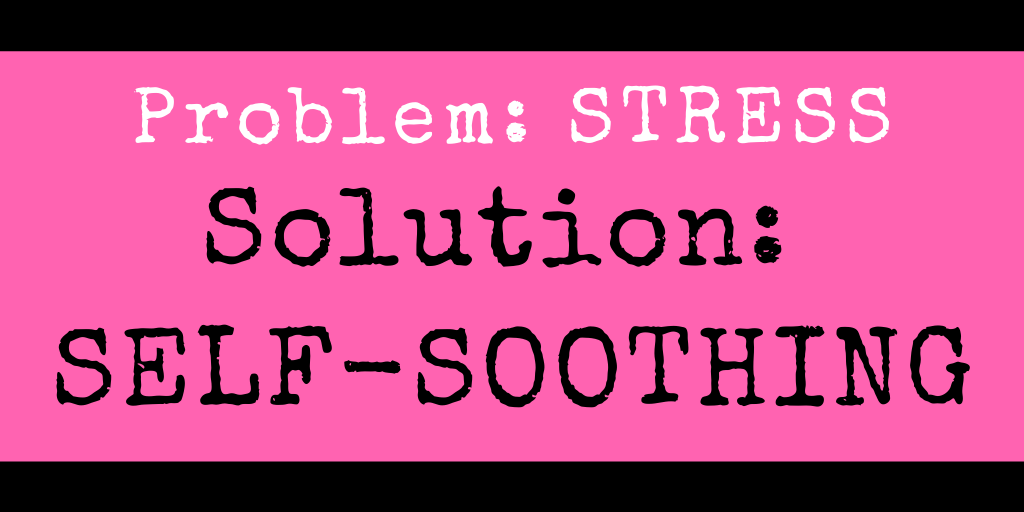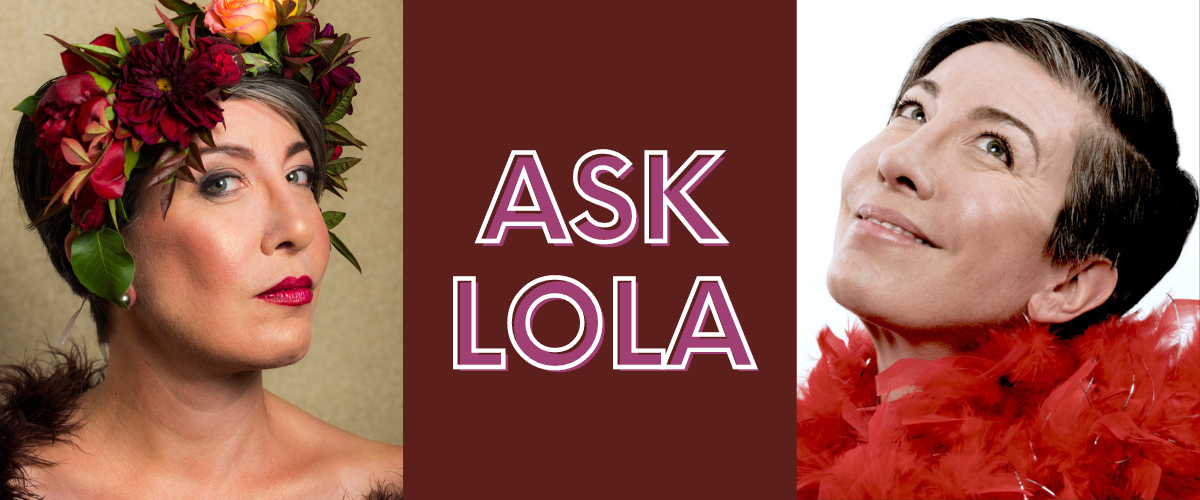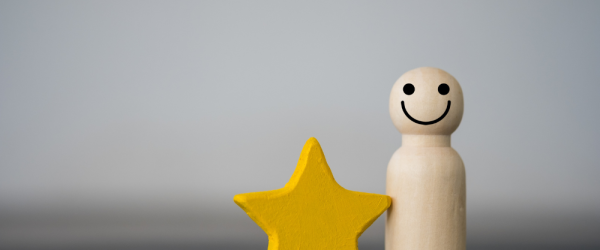It’s easy to get overwhelmed during times of extreme stress. Now more than ever, it’s important to know how to soothe ourselves. Self-soothing is any process we use to move past discomfort, stress and pain. We all do it, to be sure, but not all of us know how to healthily and consciously. In a misguided attempt to feel better, we might engage in self-destructive behavior such as abusing substances or spending endless empty hours online, often making ourselves feel worse.
As infants, we’re almost totally helpless to self-regulate. We’re reliant on our caretakers to feed us when we’re hungry, change our diapers when we’re wet, hold us when we’re cold or scared and read to us when we’re bored. Depending on how skillfully we were raised, we might have learned how to take care of ourselves in most situations or only under certain circumstances. Or, we might have been taught to be completely reliant on others for our emotional wellbeing.
Learning to notice when we’re in distress and meet our needs with clarity and self-love is crucial for building resiliency. Once we master the art of self-soothing, we’re much less likely to tolerate uncomfortable situations, and we grow more attuned to states of calm and wellbeing.
Body Chemistry of Stress
A helpful body of knowledge known as Somatic Psychology explains the effects that stress — especially long-term stress — has on our mind-body connection.
Life is filled with aggravation. Every day we manage challenges in our work, environments, relationships, and our own internal state. Our bodies were built to respond by releasing the stress hormone cortisol, responsible for activating the body’s survival flight/fight/freeze syndromes. Once a given stressor has past, our bodies are supposed to return to equilibrium, a process known as “regulation.” But when we’re repeatedly and continually aggravated, our self-regulation mechanisms get out of whack, unable to return to calm stasis on our own. That’s where the importance of active self-soothing comes in.
What Do You Need Less Of?
The first step in self-care is to stop and actively notice what you’re feeling, then to be in touch with what you need. If you’re feeling exhausted and overwhelmed, it’s time for some downtime.
- Find yourself some peace and quiet. If your living space doesn’t allow it and the weather is keeping you indoors, ask a friend to let you borrow their place when they’re not home to allow you some some privacy.
- Cut back on screen time, and take a break from scrolling through the outrage and drama online.
- Grounding and breathing techniques can help get you centered and manage overwhelming emotions and sensations.
What Do You Need More Of?
It’s common to think that the only antidote to stress is relaxation, but sometimes what we’re lacking is stimulation. We’re bored, we’re deflated, we’re in a rut. In that case, the best medicine is stimulating our senses in order to ground ourselves and connect us back into the moment.
Here are some low- or no-cost activities to try:
- Take deep sniffs of all the spices in your cabinet, vanilla and the fresh torn peel of a tangerine.
- A dab of your favorite perfume is like a mini meditation, connecting you to your breath.
- Plunge your hands into a bag of dried beans, rice or lentils.
- Run a hairbrush over your body, lightly if you like to be tickled or with some force for a stimulating massage.
- Make a soundtrack of your life at this moment. Music has the power to organize our thoughts and feelings and help us realize we’re not alone in what we’re experiencing.
- Get outside for some fresh air. Even if it’s a cloudy day, look up to the sky and let as much light in as you can. If the dreary winter months really get you down, try looking into light therapy.
Many of us, having been cooped up for so long during quarantine, are experiencing skin hunger, from the lack of contact with other people. Giving ourselves regular hugs throughout the day releases the hormone oxytocin, helping to reduce anxiety and pain.
Another option is a weighted blanket, helping us to feel held, comforted and grounded. Weighted blankets have been scientifically proven to help reduce anxiety, sharpen mental focus and improve sleep. For an added sensual bonus, try putting your blankets in the dryer for a few minutes before going to bed. Let the added warmth help you to relax.
My favorite all-time self-care quote is from Brianna Wiest: “True self-care is not salt baths and chocolate cake. It’s making the choice to make a life you don’t need to regularly escape from.” Learning how to give ourselves the comfort we crave, even when conditions are less than ideal, is necessary for living the lives we want.
Until next time, be sweet to yourself.
Lola D.

—
Lola Davina is a longtime veteran of the sex industry and author of Thriving in Sex Work: Sex Work and Money, her followup to the formative Thriving in Sex Work: Heartfelt Advice for Staying Sane in the Sex Industry. You can get the audio version of Sex Work and Money via Awesound here. Contact Davina at Lola.Davina@ynotcam.com and visit her on Twitter at @Lola_Davina.
Image of Lola Davina courtesy Pat Mazzera.










[…] to settle ourselves. I’ve written before on the importance of self-soothing – you can read more about it here. When we’re heartbroken, betrayed, lonely, or overwhelmed, if we don’t have a solid core of […]